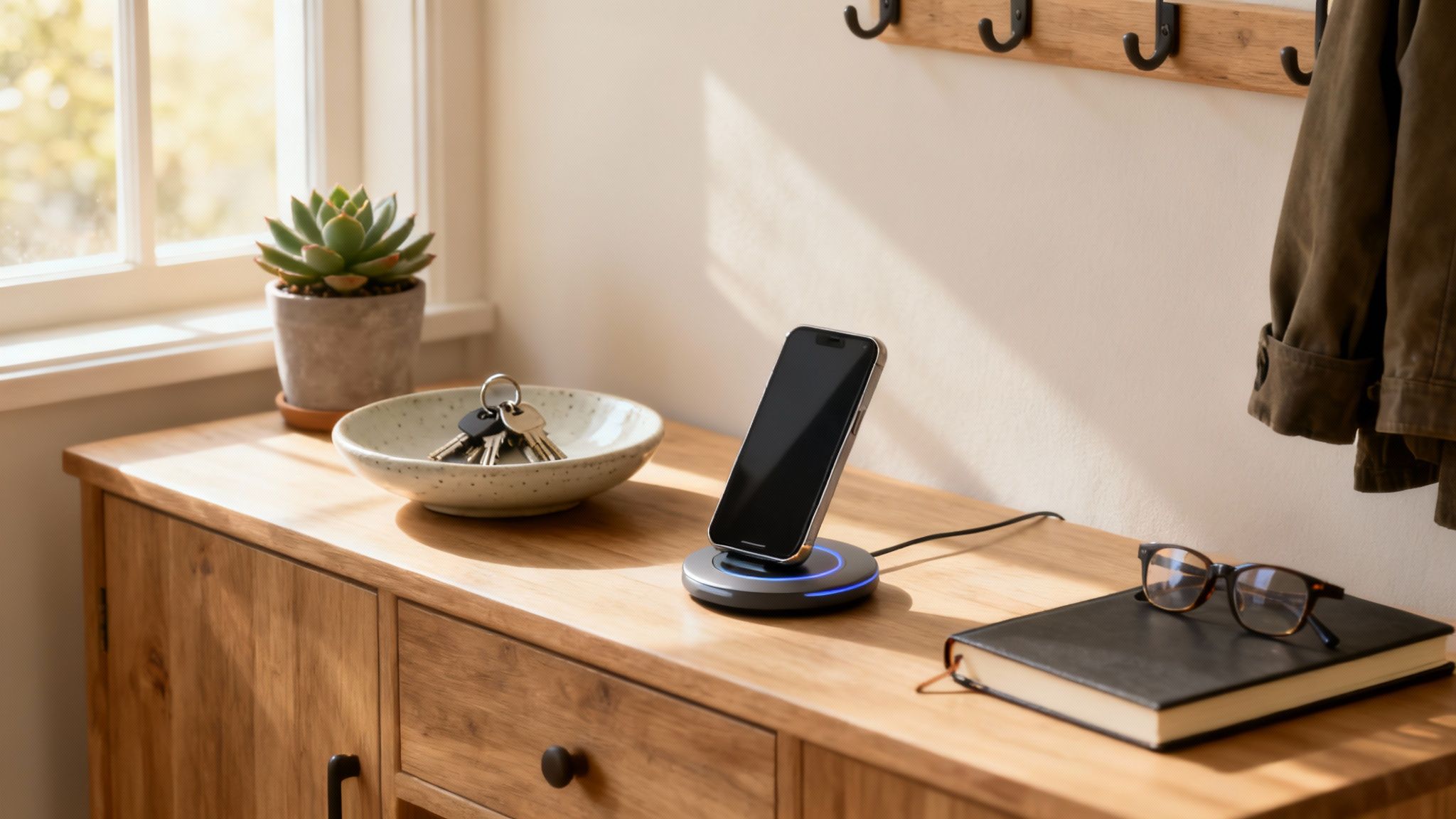We’ve all been there - wanting to “turn over a new leaf” or make better choices for ourselves; perhaps you try to create a new schedule or routine to help you meet your goals. But before we know it, we’re shrugging off our new routines and making up excuses for why we should abandon them. This is especially true for adults with ADHD—we’re notorious for struggling to stick to routines.
Believe it or not, many ADHDers are quite skilled at creating routines—it’s the “sticking to it” that's a challenge. Because “sticking to it” requires motivation... which requires dopamine... which is something neurodiverse brains lack.
But once we find the “perfect” routine that works for our ADHD, we can condition ourselves to become more organized, more productive, and less stressed.
Too long; didn’t read
- The way we view challenges—like creating a morning routine—motivates us in ways we previously thought weren't possible.
- Remember that creating a routine is about starting small and figuring out what works best for you, especially when you're a parent or someone with limited time or control over your schedule.
- Start by making an evening routine to prepare you for sleep and strengthen your circadian rhythm.
Morning routines and ADHD
Individuals with ADHD can benefit from routines because they add structure to the day, which boosts productivity and overall well-being.
You may have also heard about the "low dopamine morning routine" trend from TikTok! Read more about this strategy and how it can be useful for ADHDers here.
Why are morning routines beneficial for adults with ADHD?
Morning routines can help ADHDers…
- Keep track of our day so we can arrive on time for class, work, events, and appointments.
- Become more task-oriented because we’re more likely to feel focused, energized, and less overwhelmed.
- Stay healthy by keeping us on a regular schedule for taking medication and eating healthy meals more frequently.
How to create a morning routine
Step 1: Create an evening routine.
Yes, I know this article is about morning routines, but stay with me. Evening routines are an important first step for creating a successful morning routines because they're directly connected through our circadian rhythm.
You and your circadian rhythm
If you’re a human (which I’m assuming you are if you’re reading this), you have a circadian rhythm, which is the physical, behavioral, and psychological changes our bodies experience during a 24-hour cycle. This is also sometimes referred to as the “sleep-wake” cycle.
When this rhythm is out of sync, it can lead to sleep disturbances, which can fill our mornings and days with exhaustion, anxiety, and the dreaded brain fog.
It should be noted, though, that many ADHDers also struggle with at least one comorbid condition that affects sleep1, including delayed sleep phase syndrome - a condition characterized by circadian rhythm dysregulation.
How to improve your circadian rhythm
Step 2: Re-frame your self-talk.
Self-talk may not seem like it would have an impact on sticking to morning routines, but it does! Our self-talk heavily influences decision-making, core beliefs, and even daily habits. When self-talk is negative or critical, it can be difficult to want to improve ourselves.
A great coping skill? Re-framing.
The American Psychological Association states that reframing helps us relate to our experiences, stressors, and challenges in a healthier way.
For example, reframing our self-talk can turn frustration into self-compassion. It can also help us develop additional coping skills and positive traits, like resiliency and self-awareness, or interoception. With these skills, we’re better equipped to create a schedule we’re likely to stick to.
Example: reframing inner dialogue can help you develop a foolproof morning routine
Inner critic version: "I don’t want to go to bed early because I want to spend that time watching my favorite shows."
Re-framed version: Going to bed earlier is irritating, but my new routine makes me feel rested, focused, and less overwhelmed. Even if it takes a lot of trial and error, I'll keep trying until I get it right. Plus, I have of time earlier in the evenings to watch the new season of Stranger Things, so it’s not that bad!
Step 3: Find the tools that work for you.
Besides medication, one of my ADHD management strategies is using various tools like ADHD management apps and to-do lists—in combination with my daily phone reminders. Combining these strategies with prescribed treatment helps me stay on top of freelance assignments, school, and my upcoming mental health internship… all while being in a global pandemic.
How can you use tools for making (and sticking with) your morning routine?
- Write down what you want to accomplish or need to do on certain days. You can do this with post-it notes, phone reminders, calendar, or the daily focus feature on the Inflow app.
- If you have a hard time motivating yourself, try writing down - or saying - a morning affirmation. Also - Inflow’s coworking sessions are great way to develop accountability and goal-setting skills.
- Journaling can also be helpful - write down what works and track your progress!
-
Source
1 Nature and Science of Sleep | Sleep disorders in patients with ADHD: impact and management challenges





